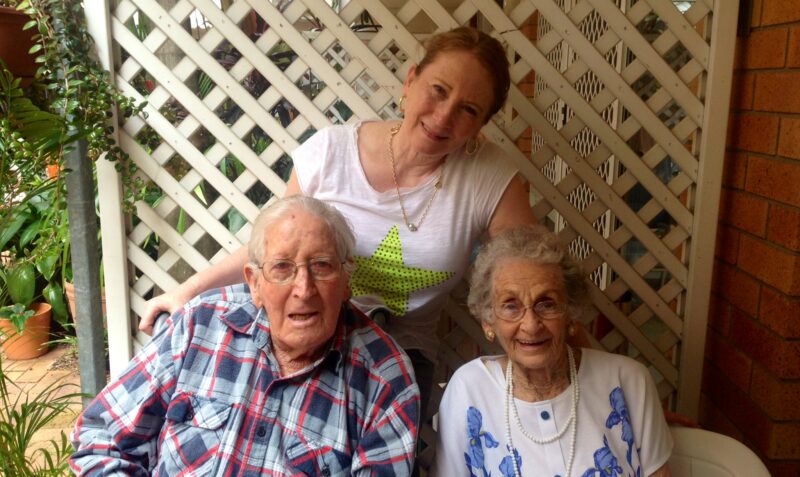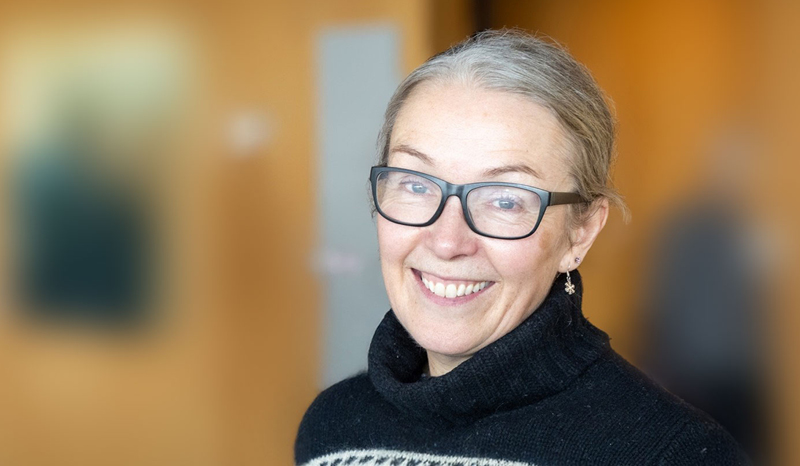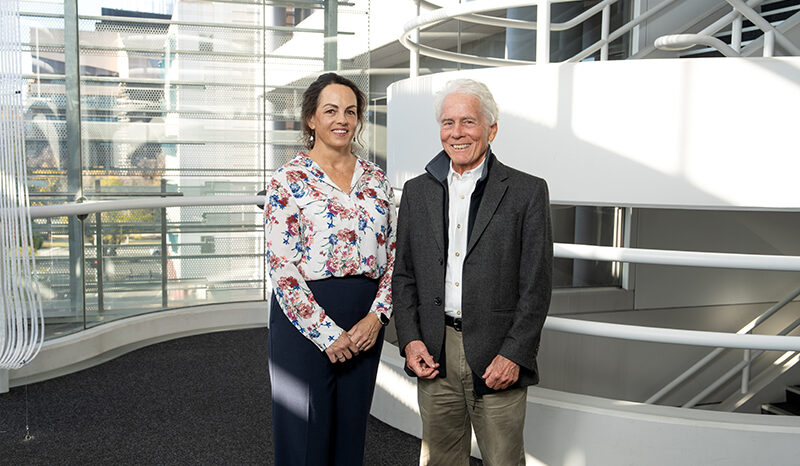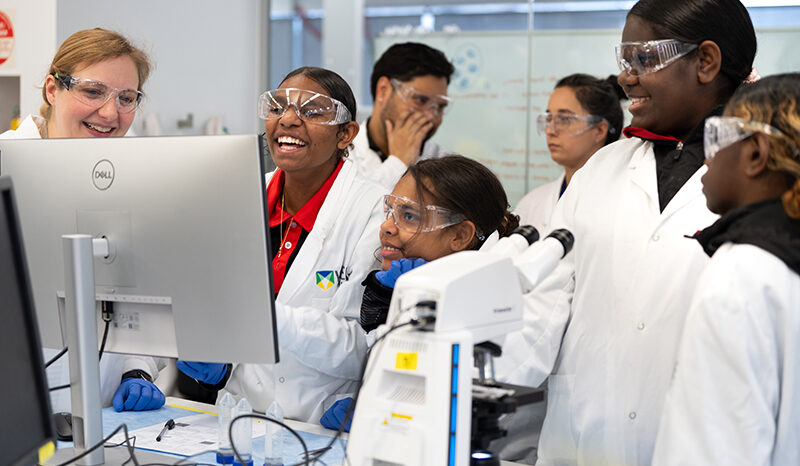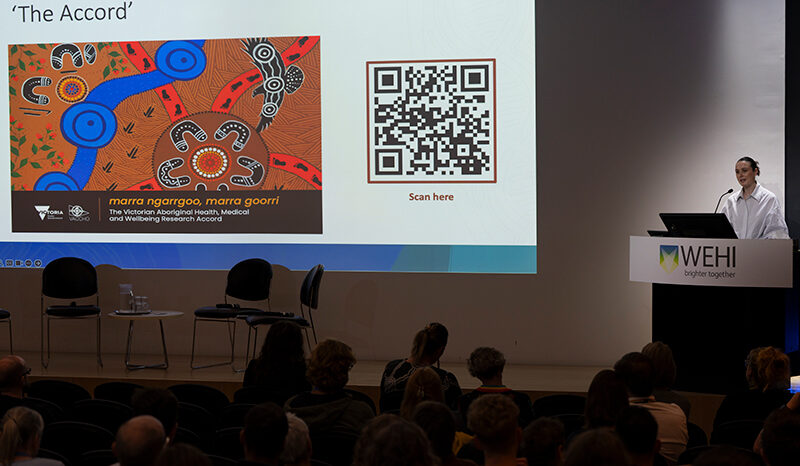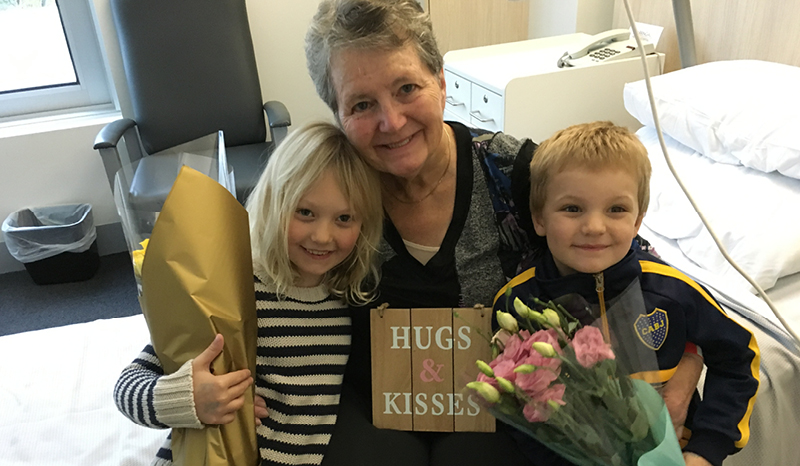Everything changed for him
Years later in Melbourne, something similar happened on a tram. While these episodes didn’t initially stop him from travelling, around 2008 everything changed for him. He no longer wanted to travel or leave the safety of his own home.
In 2014, we hit a crisis point. During a trip to the Sunshine Coast, my dad got food poisoning and ended up in hospital. I became his official carer as the hospital wouldn’t release him without 24/7 care.
My dad didn’t want to move into aged care, so I quickly organised a roster of different carers to come into the house during the week, with my elderly mum doing some of the days. I would arrive in Brisbane on a Friday night and stay for the weekend, flying back home to Melbourne on the Monday morning.
We were able to follow that routine for about six months before dad’s mobility decreased significantly and it was almost impossible to keep him comfortable at home.
Eventually we had to move dad into an aged care home. He was there for about 18 months before we lost him.
One of my fondest memories from his time at the aged care home was that he would think he was on one of his trips and staying in a hotel.
He would ask me if we had to check out and if I’d paid the bill. This is how his brain rationalised the fact that he was in an unfamiliar place. While dementia robs you of your loved ones as you knew them, there are always some moments you can steal together.”
To support WEHI’s mission to improve the lives of thousands of Australians living with dementia, visit wehi.edu.au/donate or phone 03 9345 2403


